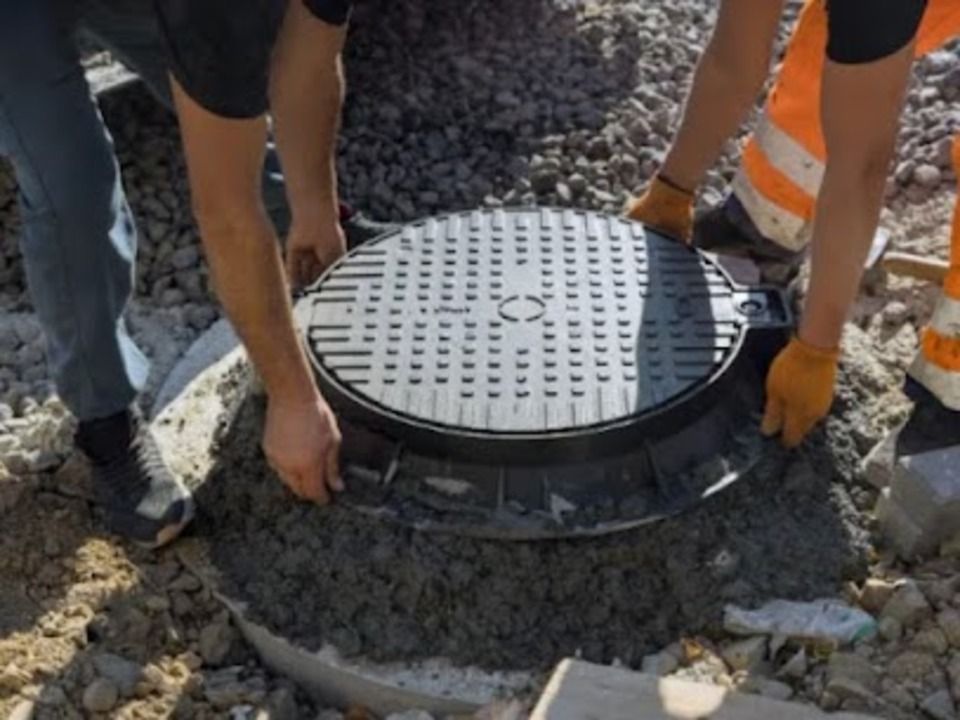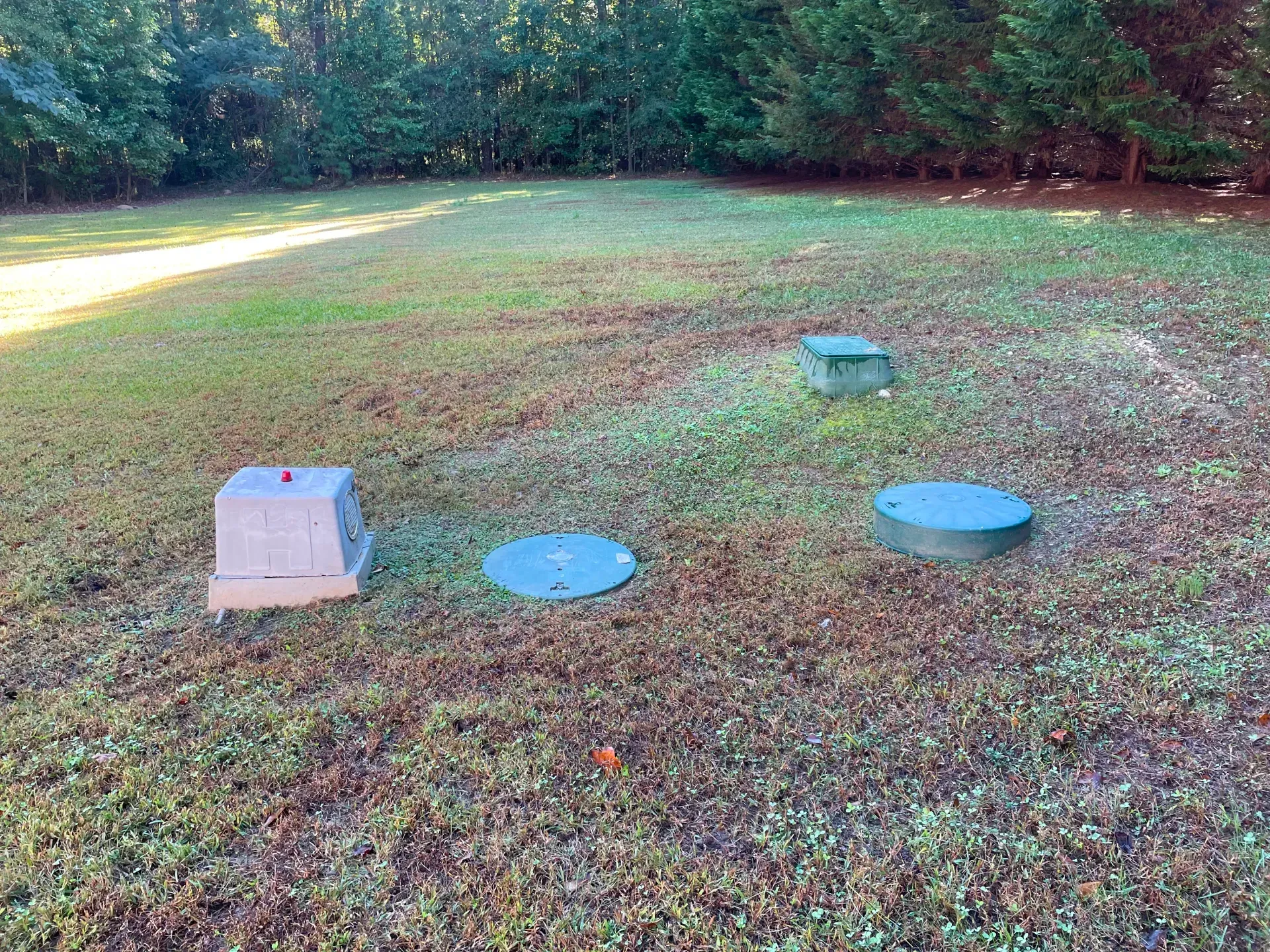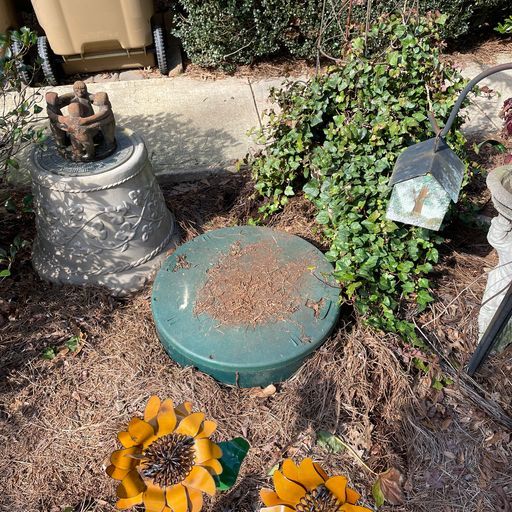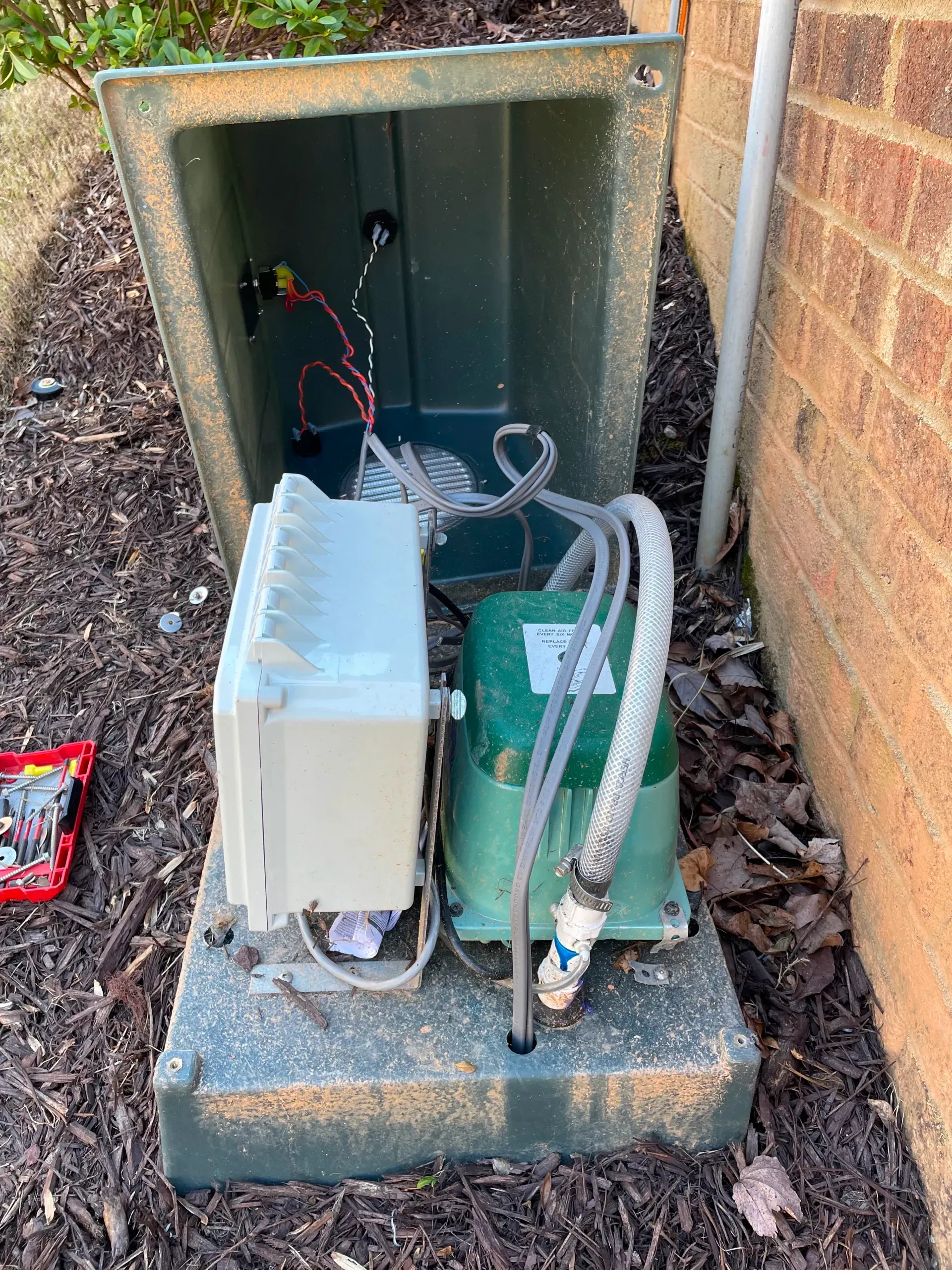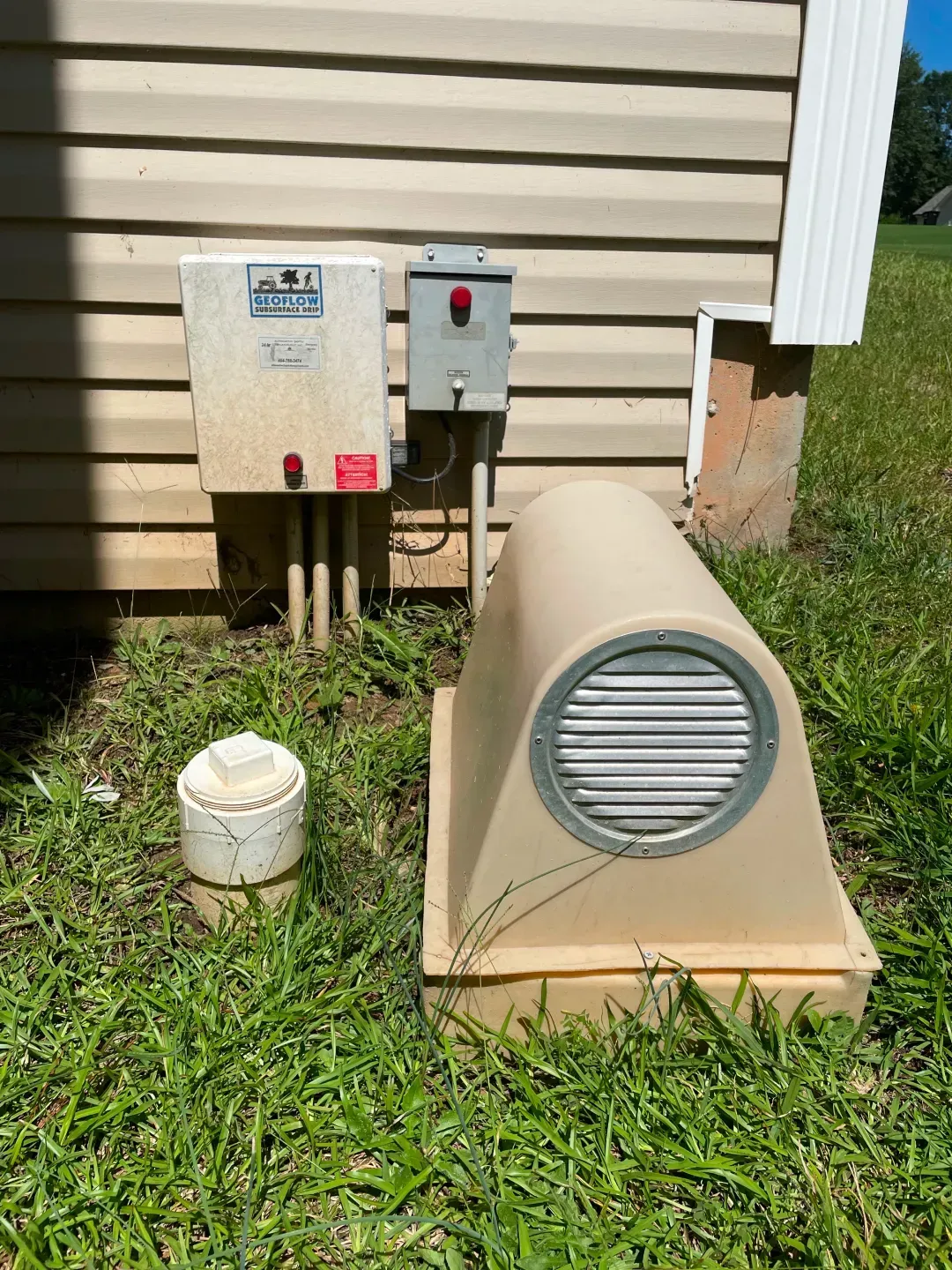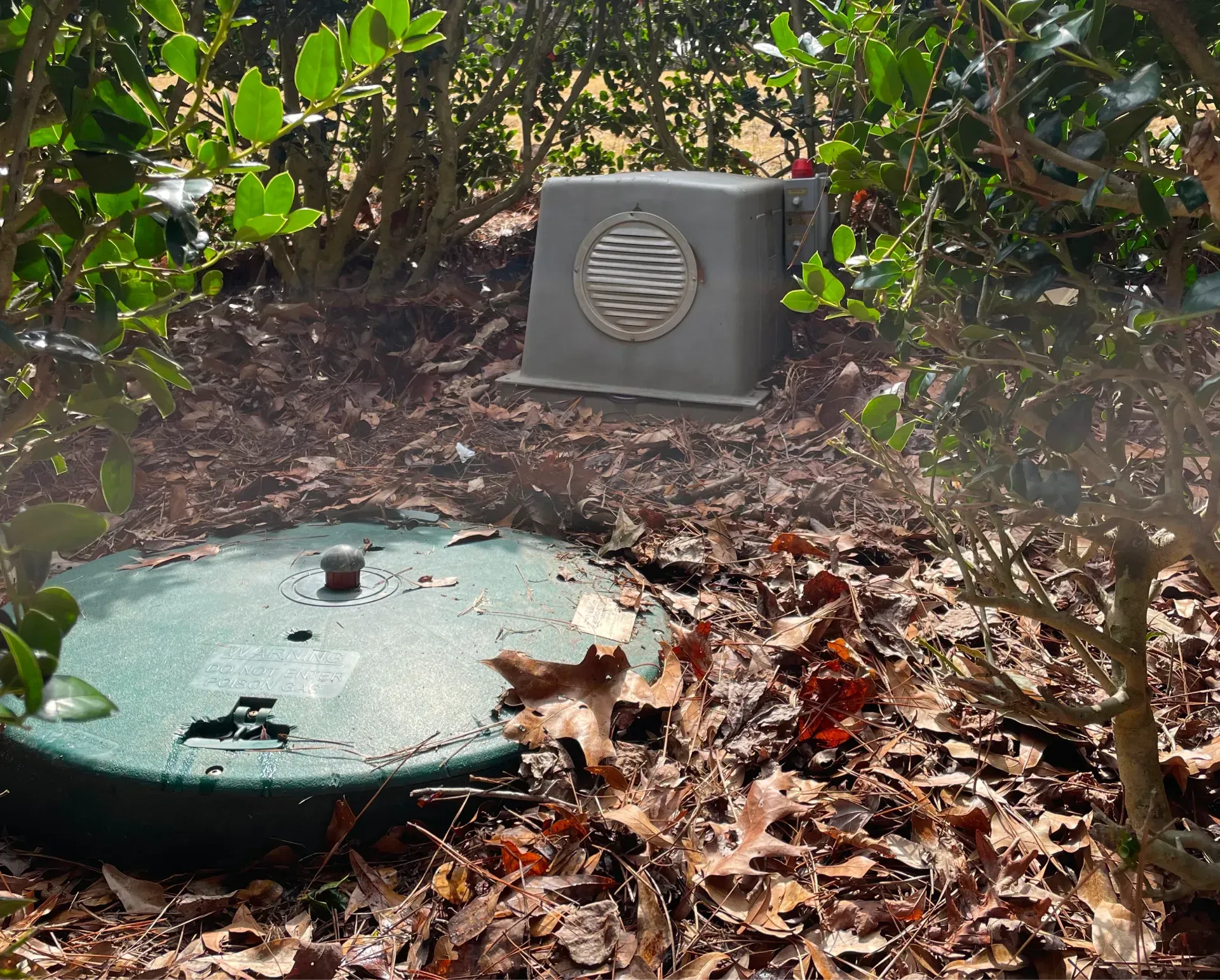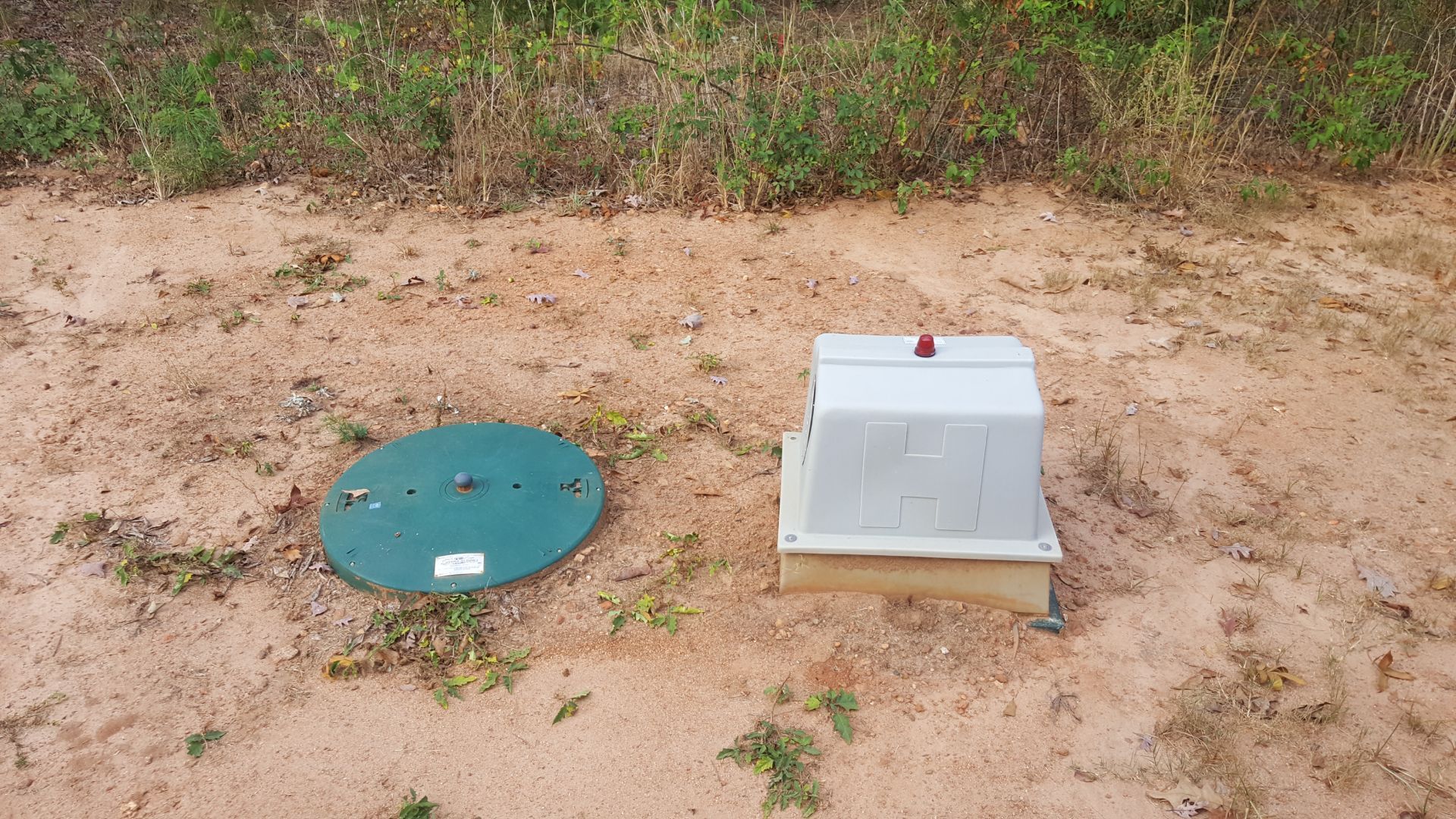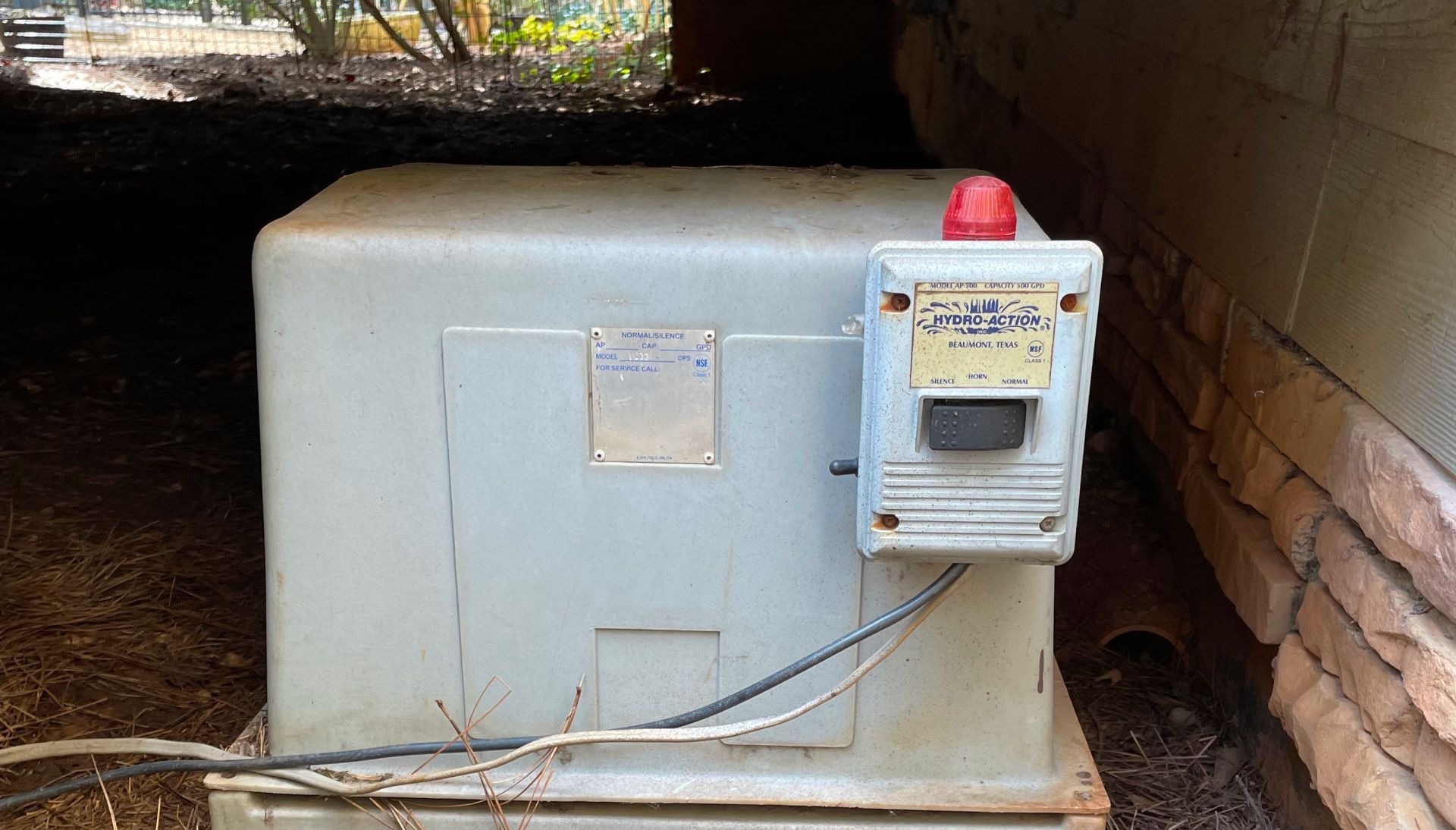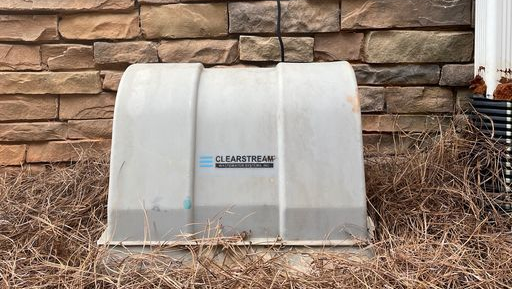Maximizing Septic System Efficiency Through Expert Inspection
At Alternative Septic Management, we help Georgia homeowners protect their property and avoid costly system failures through professional septic inspections. An inspection is one of the most effective ways to ensure your system is functioning as it should. When performed regularly, inspections can detect issues early, prolong the life of your system, and help you remain in compliance with local health regulations. Here’s how our inspections work, what we look for, and why they are important.
Why Septic Inspections Matter in Georgia
Georgia presents unique environmental challenges that make regular inspections essential. From red clay soils to fluctuating water tables, septic systems in the state require close attention.
Preventing Failures Before They Start
A failing septic system can create serious health hazards, cause environmental damage, and lead to expensive repairs. Inspections allow us to identify small issues, such as buildup, cracks, or slow drainage, before they turn into emergencies. Early detection can mean the difference between a simple fix and a complete system replacement.
Meeting Property Sale Requirements
Many counties in Georgia require a septic inspection before a property with an on-site wastewater system can be sold. Even when not legally required, an inspection can give buyers confidence and ease the closing process. A documented inspection report from a trusted provider such as Alternative Septic Management can increase a property’s value and eliminate surprises during negotiations.
What Our Inspections Include
Our experienced team follows a detailed inspection process designed to evaluate each component of your septic system. We document our findings and clearly explain any recommended next steps.
Tank Integrity Check
A typical inspection includes uncovering and inspecting the septic tank. We look for cracks, corrosion, and signs of leakage that could indicate structural compromise. If the tank is damaged, untreated wastewater can escape into the surrounding soil or groundwater.
Pump and Aerator Function
In aerobic systems, we check the pump and aerator for proper operation. These components are essential to ensure that wastewater flows correctly and that oxygen levels remain sufficient for bacterial treatment. Unusual noise, vibration, or inactivity are signs that these parts may need service or replacement.
Effluent Levels and Flow Patterns
We assess whether the liquid level in the tank is within the proper range. Too high may suggest a blockage or inadequate drainage, while too low could point to leaks. We also observe how wastewater flows from the home through the system and into the drain field to make sure everything is functioning properly.
Warning Signs Technicians Look For
Our trained inspectors are skilled at identifying both obvious and subtle signs of septic system trouble. This proactive approach helps homeowners avoid future problems.
Cracks, Corrosion, and Root Intrusion
We check for cracks and rust inside tanks and piping. Tree roots are another common issue in Georgia, especially in rural or wooded areas. Roots can enter tanks and pipes through small openings, causing blockages or breaks that restrict flow and damage components.
Backups or Surface Discharge
We look for signs of slow-draining fixtures, gurgling pipes, and standing water around the drain field. These are often indicators that the system is overloaded or clogged. Surface effluent or unusually lush grass growth over the drain field may also suggest that wastewater is not being absorbed properly.
The Difference Between Inspection and Maintenance
It’s important to understand how inspections differ from regular maintenance, even though both are essential to keep your system in top shape.
Preventive vs. Corrective Service
An inspection is a diagnostic service meant to assess the system’s condition. It identifies potential issues and informs homeowners about necessary repairs or upgrades. Inspections are especially valuable before home sales or following major changes in household water use.
Maintenance, on the other hand, includes the actions taken to correct issues or keep the system running smoothly. Pumping the tank, replacing aerators, and cleaning filters are all examples of maintenance tasks that often follow an inspection. Skipping either service can shorten the life of your system and increase the risk of failure.
Maintaining System Integrity With Routine Inspections
At Alternative Septic Management, our inspections are performed by trained technicians who understand the nuances of Georgia soil, regulations, and system types. We don’t just look. We listen, explain, and guide our clients through what to expect next.
Thorough and Transparent Evaluation
We document every part of your system inspection and provide a clear report outlining any issues we find. Whether it’s a minor fix or a sign of a bigger concern, you’ll know exactly what’s happening and what steps are recommended to keep your system healthy.
Protecting Your Home and Investment
Your septic system is one of the most important components of your home. Without regular inspections, minor problems can develop into major expenses. Protecting that investment with scheduled evaluations is a smart move, especially in Georgia’s challenging soil and climate conditions.
Expert Evaluation for Reliable Septic System Performance
If you haven’t had your system inspected in the past 1 to 3 years, or if you’re planning to sell your home, it’s time to schedule a professional inspection. At Alternative Septic Management, we’re committed to providing honest, reliable service that keeps your system running and your property protected.
Call us today at 404-788-3474 or visit our website to schedule your septic inspection or to learn more about alternative septic units. We’re proud to serve homeowners across Georgia with expert inspections and long-term system care you can count on.

